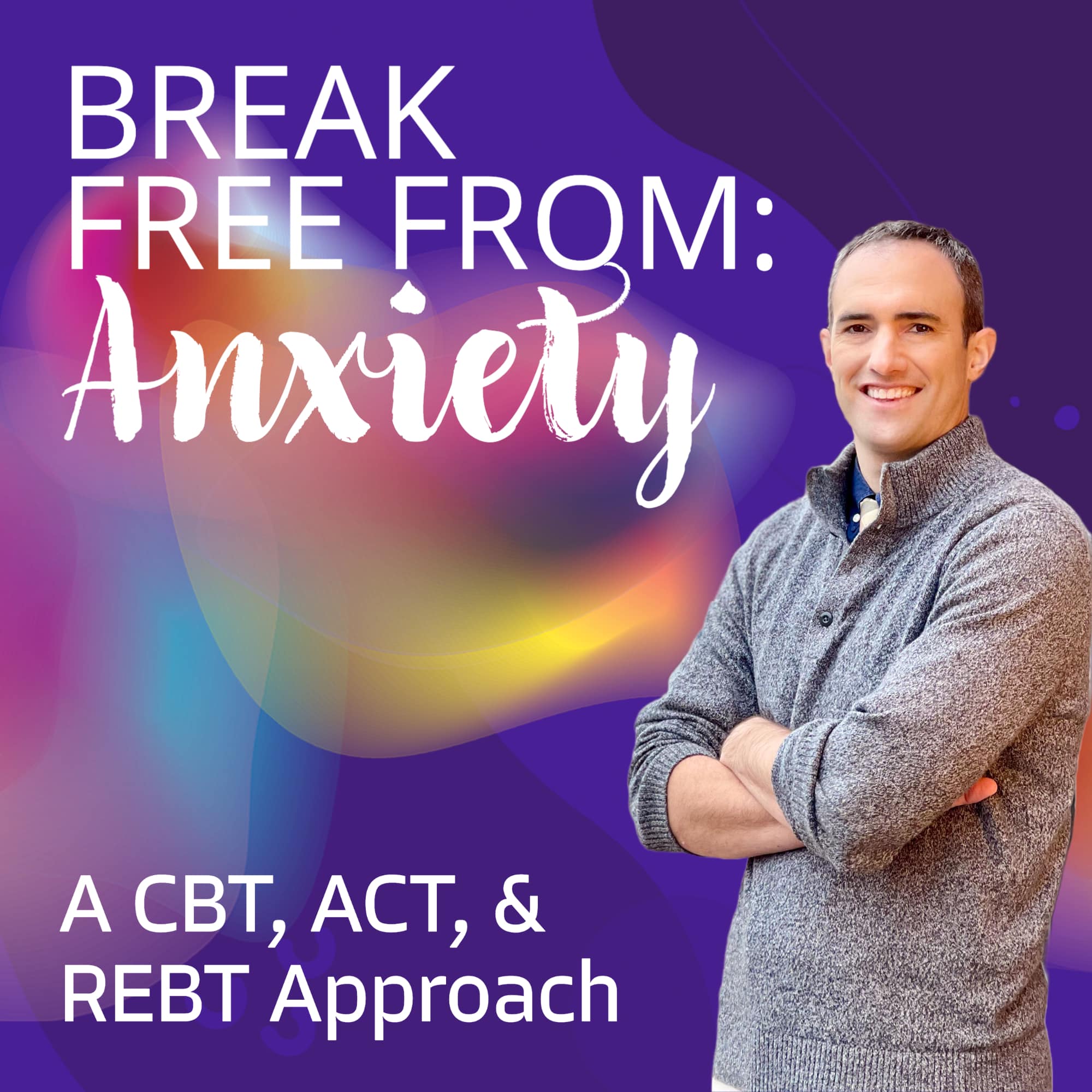Why is life so hard? It’s a question everyone asks at some point, especially during overwhelming moments. This blog explores the emotional, psychological, and situational factors that contribute to life’s difficulties—and how therapy, reflection, and support can help you find clarity, healing, and resilience.
KEY TAKEAWAYS
- Life feels hard due to emotional overload, unresolved trauma, and modern societal pressures.
- Struggles are part of the human condition—but they don’t have to define your life.
- Therapy provides practical tools and emotional insight to help manage life’s challenges.
- Online psychiatric treatment offers accessible support from the comfort of your home.
- You are not alone—connection, healing, and hope are always within reach.

Life is beautiful, but it can also feel incredibly overwhelming. Whether it’s grief, failure, anxiety, or the weight of daily responsibilities, we all hit moments when we wonder, “Why is life so hard?” These thoughts aren’t signs of weakness—they’re signals that something deeper needs attention.
At TelepsychHealth, we understand how exhausting it is to carry invisible burdens. Through online psychiatric treatment and therapy, we provide support for those navigating emotional pain, burnout, trauma, and confusion. Life’s hardships may be inevitable—but suffering alone doesn’t have to be.
Understanding Why Life Feels So Overwhelming

Life can feel hard for many reasons, and not all of them are obvious. Sometimes it’s a major loss or a life-changing event. Other times, it’s a slow buildup of stress, unresolved emotions, or even biological factors like depression or anxiety. Our modern world often demands constant productivity, connection, and perfection—leaving little room for imperfection, rest, or healing.
What makes life feel hard varies for each person. For some, it’s mental illness, for others, it’s family dynamics, financial stress, or a lack of direction. It could be the weight of social expectations, chronic self-doubt, or past trauma you’ve never processed. Often, it’s a combination of many small things rather than one big event.
The truth is, difficulty is a universal part of life. But while hardship is normal, feeling stuck in pain isn’t. This is where professional support can offer clarity. Therapy helps uncover the root causes of your pain—not just the surface problems—so you can begin to untangle and understand them.
The Hidden Emotional Load We Carry

Behind the simple question—“Why is life so hard?”—is usually a much deeper emotional story. Many people carry invisible burdens: grief from childhood, pressure to succeed, fear of failure, or shame from past experiences. When these emotions remain unaddressed, they begin to leak into every part of life, often unconsciously.
This hidden emotional weight makes ordinary challenges feel unbearable. Tasks that once felt manageable—like getting out of bed, answering emails, or maintaining relationships—start to feel monumental. The weight isn’t because you’re weak; it’s because you’re carrying more than most people see.
In therapy, we create space to unpack this emotional backpack. When you begin to identify and name what you’ve been carrying, it loses its power. You start to see the difference between who you are and what you’ve been through. And in that space, healing begins.
Mental Health Conditions That Contribute to Life’s Hardship

It’s important to recognize that for many people, life feels hard because of underlying mental health conditions. Depression, anxiety disorders, PTSD, and other mood disorders can significantly distort how you see yourself and the world. These conditions can make joy feel distant, hope feel unreachable, and problems feel permanent.
Depression, for example, doesn’t just cause sadness—it causes a heavy sense of worthlessness, hopelessness, and emotional exhaustion. Anxiety can create constant dread or fear about the future, even when there’s no immediate threat. Both can make everyday life feel like a mountain that’s impossible to climb.
If you’re constantly wondering why life is so hard, it may be a signal that professional mental health support is needed. Through online psychiatric care, we assess these symptoms, offer therapeutic strategies, and provide medication management when appropriate. You deserve relief—not just survival.
How Therapy Can Help You Navigate Life’s Challenges

Therapy is not just about talking—it’s about learning new ways to live, think, and cope. A good therapist acts as a guide through your emotional landscape, helping you connect the dots between your experiences and your current struggles. Therapy gives you practical tools to navigate the world and emotional insight to understand yourself.
One of the most powerful aspects of therapy is validation. Many people go through life feeling like they must minimize their pain or “push through” without support. But in therapy, every feeling is valid. You get the chance to be heard without judgment—and that in itself is healing.
With the rise of telehealth and online therapy, support is now more accessible than ever. You don’t need to drive across town or take time off work. You can speak to a licensed therapist from the comfort of your own space and begin the process of reclaiming your life, one step at a time.
You’re Not Alone: Reaching Out Is a Strength, Not a Weakness

Perhaps the hardest part of feeling like life is too much is the belief that you’re the only one feeling this way. But that’s not true. Struggle is part of being human, and millions of people are walking through the same shadows as you are. What makes the difference is reaching out.
Connection is an antidote to despair. Whether it’s talking to a friend, joining a support group, or beginning online psychiatric treatment, every act of reaching out breaks the isolation. You don’t need to have it all figured out to get help—you just need to be willing to take the first step.
And remember: healing isn’t linear. There will be hard days. But with the right support, those days become more manageable. You learn to trust yourself, find meaning, and experience life with a new lens—one that includes hope, self-compassion, and resilience.
How to Start the Healing Journey Today

If you’re reading this and thinking, “Yes, this is me,” then consider this your sign to start healing. Whether you’re struggling with depression, trauma, burnout, or just feeling lost—your pain matters, and it deserves attention.
“People often wait until they hit rock bottom before reaching out, but therapy is most effective when we seek it early—before we unravel,” says Dr. Bruce Bassi, M.D., a psychiatrist based in Jacksonville, Florida.
At TelepsychHealth, we’re here to help. Our team of psychiatric professionals and therapists provide personalized, evidence-based care designed to help you regain balance. You don’t have to wait for a crisis. Therapy isn’t just for emergencies—it’s for anyone who wants to feel better and live more meaningfully.
You’re not broken. You’re human. And with support, healing isn’t just possible—it’s within reach.
Helpful Tips for Coping During Emotionally Hard Days
When life feels too heavy, give yourself permission to pause and rest. Take slow, deep breaths. Practice self-kindness by doing one small thing that brings comfort, whether it’s a cup of tea, a walk outside, or turning off notifications for an hour. Remember: small acts of care can build resilience over time.
Summary
Life can feel overwhelming, especially during times of stress, loss, or emotional burnout. This article explores the deeper reasons behind those hard seasons—ranging from mental health struggles to unrealistic self-pressure—and offers practical steps for healing. With the right support, including therapy and online psychiatric care, it’s possible to find clarity, rebuild resilience, and move forward with renewed hope.







